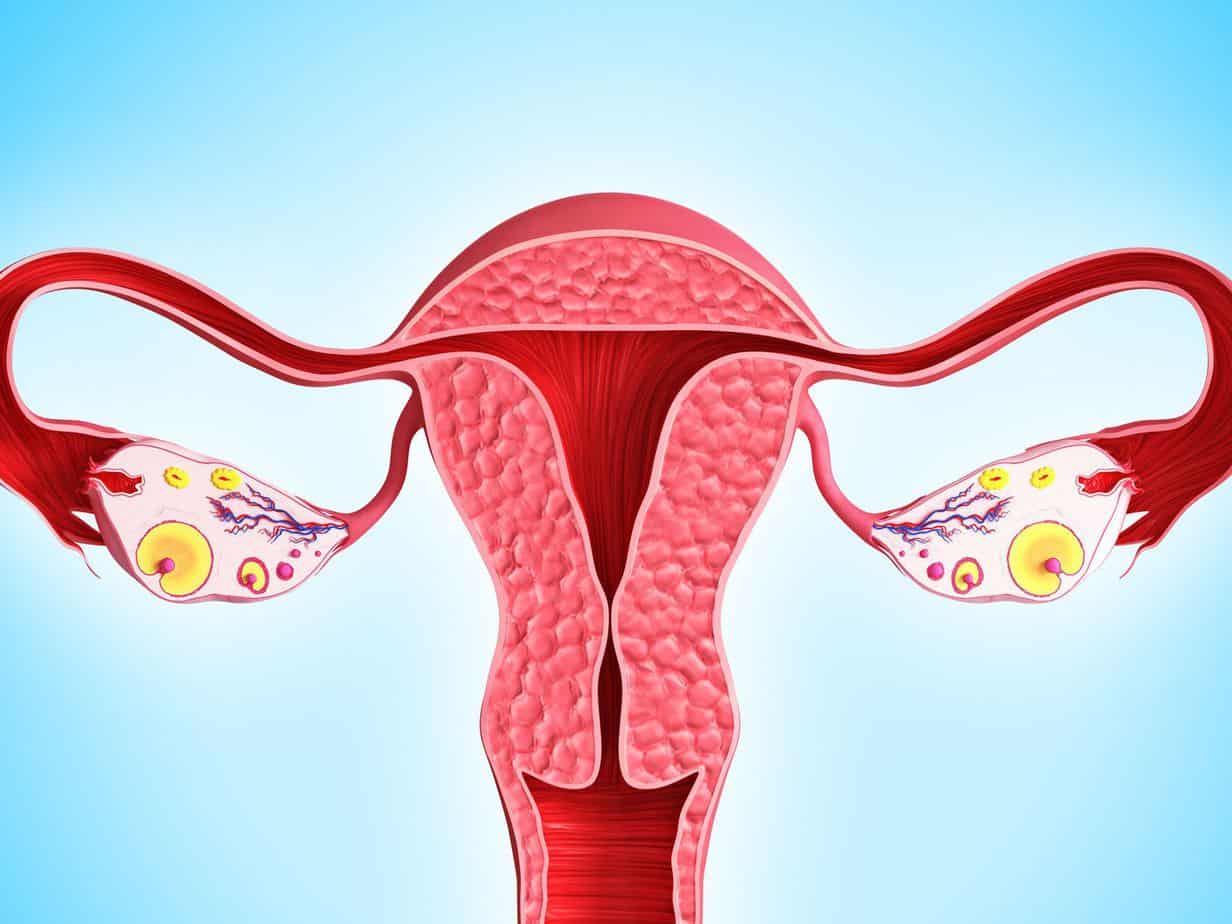Monthly periods are a regular occurrence for most women and are generally regarded as a sign of health. Having irregular periods, on the other hand, is a cause for concern. Irregular periods can have a major impact on key bodily functions, from PCOS risk to stress and reproductive health. In fact, according to experts, your periods might affect your heart health and should be looked out right away. But, if you’re worried, how concerned should you be? We’ll explain why.
While irregular monthly flow or missed periods can be caused by a variety of factors, PCOS, or Polycystic Ovary Syndrome, is one of the most common reasons of irregular menstruation.
PCOS, which affects one in every eight women of reproductive age, is quickly becoming an epidemic in its own right, with more and more instances being documented in recent years.
Hormone imbalances, which are largely driven by lifestyle concerns, can have negative consequences for general health, including weight gain, hormonal disruption, irregular period flow, reproductive troubles, and the risk of metabolic abnormalities. However, despite being such a widespread condition, many women are clearly uninformed of or confused about their symptoms, and have a poor understanding of what they are suffering from, which is PCOS. As a result, not only does this have a negative influence on their reproductive health, but it also leads to delayed diagnosis and poor overall health. Ignoring risk factors, in particular, can be harmful to the heart.
One of the most common symptoms of PCOS is irregular periods, which are reported by the majority of women. Hormonal issues create the difficult periods, which exacerbate metabolic abnormalities such as insulin resistance. Excessive amounts of male hormones in the body, along with insulin resistance (a symptom of diabetes), can increase cholesterol and lipid profiles. This, in turn, is how women with PCOS or menstrual irregularities may be at risk of getting heart disease or having a higher risk of cardiac issues







